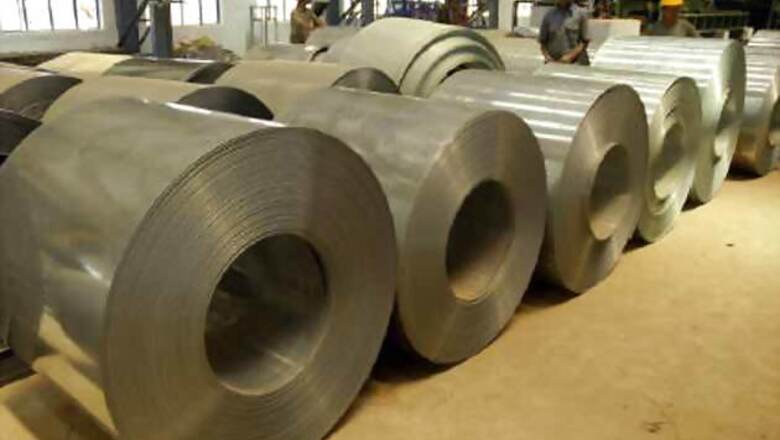
views
Gurgaon: A lot has been read into numbers when it comes to India's growth story. While India Inc has usually welcomed high percentage growth numbers as the high-point of private-public partnership, downward revision of growth rate has invited brickbats from the industry and media alike.
But numbers very often mask reality. Where as the question for a country like India should have been prosperity and redistributive equity, somehow the discourse always boiled down to numbers. But at the World Economic Forum for India 2012 in Gurgaon, there has been a movement away from numbers. One reason could be that our growth numbers are not that impressive.
But more than that, there is a realisation that even when the country had high growth, it was hardly growth with justice. Also one of the leading strands that came out in the open at various key sessions at the meeting is that India is yet to move beyond 1st generation structural reforms and that there is no clear roadmap.
While the 1991 liberalisation had a well-defined blueprint, a well-articulated argument since then is yet to emerge from the government. May be that is what derailed us from the 'golden turnpike of growth' as labelled by Vijay Kelkar.
Ajay Chibber, UN Assistant Secretary-General and Director, Asia Pacific, at UNDP says, "India's wounds are more self-inflicted as compared to China and Indonesia which are more integrated with the global economy. If you look at our 12th five-year plan, there is a distinct disconnect between the elements. They just don't add up. In the corresponding Chinese five-year plan, the policy, programmes and expenditure are clearly spelt out."
Chibber also thinks that there is a tacit admission that rural and poor India will not benefit from the growth story and that's how he sees the focus on welfare. "There is an assumption that growth is not inclusive and that is why expensive schemes are floated to benefit the poor and the underprivileged which affect fiscal deficit and inflation," he adds.
Arvind Jayaram, secretary, Department of Economic Affairs, Ministry of Finance, India, and one of the key movers of the latest round of reforms, begs to differ. "In a country with more than 350 million people living under the poverty line, the question is not just about growth, it is about inclusive growth. Schemes like MNREGA were floated as the Minimum Wages Act could never be implemented in the rural and unorganised sectors. And over the last three years, you see the results. Both expenditure under its head and the number of people looking for 100 days of work has come down drastically. There has been an upward revision of wages in the rural sector. It has worked," he says.
"I will go to the extent of saying that in India, the poor have subsidised growth. The principal argument behind setting up business has always been cheap labour. So who's going wrong," he asks. "The fact is that in an integrated world in which the best-governed nations are standing on a fiscal cliff, there will be some effect."
David Thomlinson, Global Head at Accenture, UK, says that while a young and vibrant population is a critical mass in the growth process, India needs to vastly improve on the infrastructure front. "I will specify power, water and transportation. I also think education needs to get less traditional and get more skill-oriented and I believe broadband penetration along with the spread of hand-held computing will the show the way," Thomlinson feels.
Mayaram feels the government has already kickstarted the process of skills development. The National Skills Development Coprporation has been set up on a PPP model with 49 per cent government and 51 per cent private equity. "The aim is to train 10 million people every month and we are on track to achieve our goal of training hundreds of million people by 2015."
Zia Mody, prominent lawyer, believes that "There has been a definite awareness that has crept into the government in the last few months. But they can't run sprints here. Growth has to carry the social fabric along with it." She sees the plan to connect 2,50,000 village Panchayats by broadband as a positive step. "Health workers, students should benefit from that. It is an extremely positive step. And India Inc. is willing to engage with rural India, not out of empathy or greatness but because it stands to gain."
Harish Hande, social entrepreneur and MD, Selco Solar Light, called on Indians "who have made it" to be more sensitive towards fellow countrymen. "Not only the poor have subsidised growth of the rich, the rich has been hiding behind their backs in climate change negotiations so that their consumption can grow," says Hande. He also asks for shifting the MNREGA focus from earthworks into more asset-building exercises. "The poor should be given a leg-up and not a hand-out. That is the problem," he says.
Zoher Abdoolcarim, Editor, TIME Asia, thinks corruption can not only hurt the country economically but also in terms of perception. "There is anger among the people in India and it hurts investor confidence abroad," he said at a special WEF-TIME session he was moderating.
Zia Mody agrees whole-heartedly and says that since "80 per cent of this involves petty corruption, an upwards revision of salaries will lead to a salvage of money lost through corruption and that of the image of India as a clean place for doing business."
Mayaram, in this regard, also talks of collusive corruption in which corporate houses and government officials join hands to get away from paying actual taxes.
Taking the opportunity, he goes on to emphasise the need to broaden the PPP canvas. "We are seriously thinking of granting new licences to banks. The infrastructure development fund savings schemes are doing well and we are talking to sovereign wealth funds for the $1 trillion we need to pump into our infrastructure sector. Count on us. There is a method to our madness."
For the country's sake, that's the best we can hope for right now.












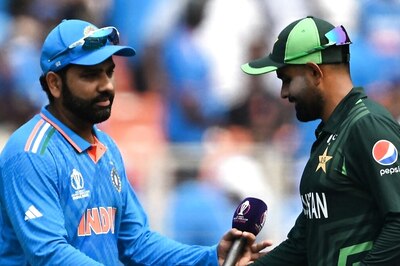


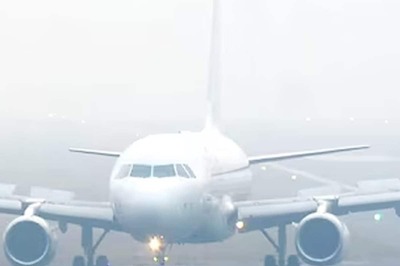

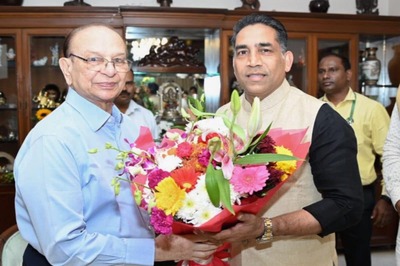

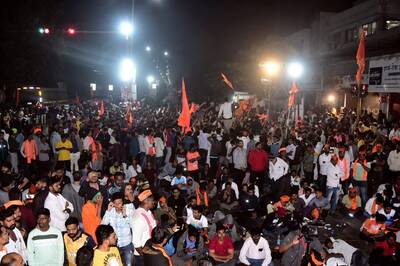
Comments
0 comment